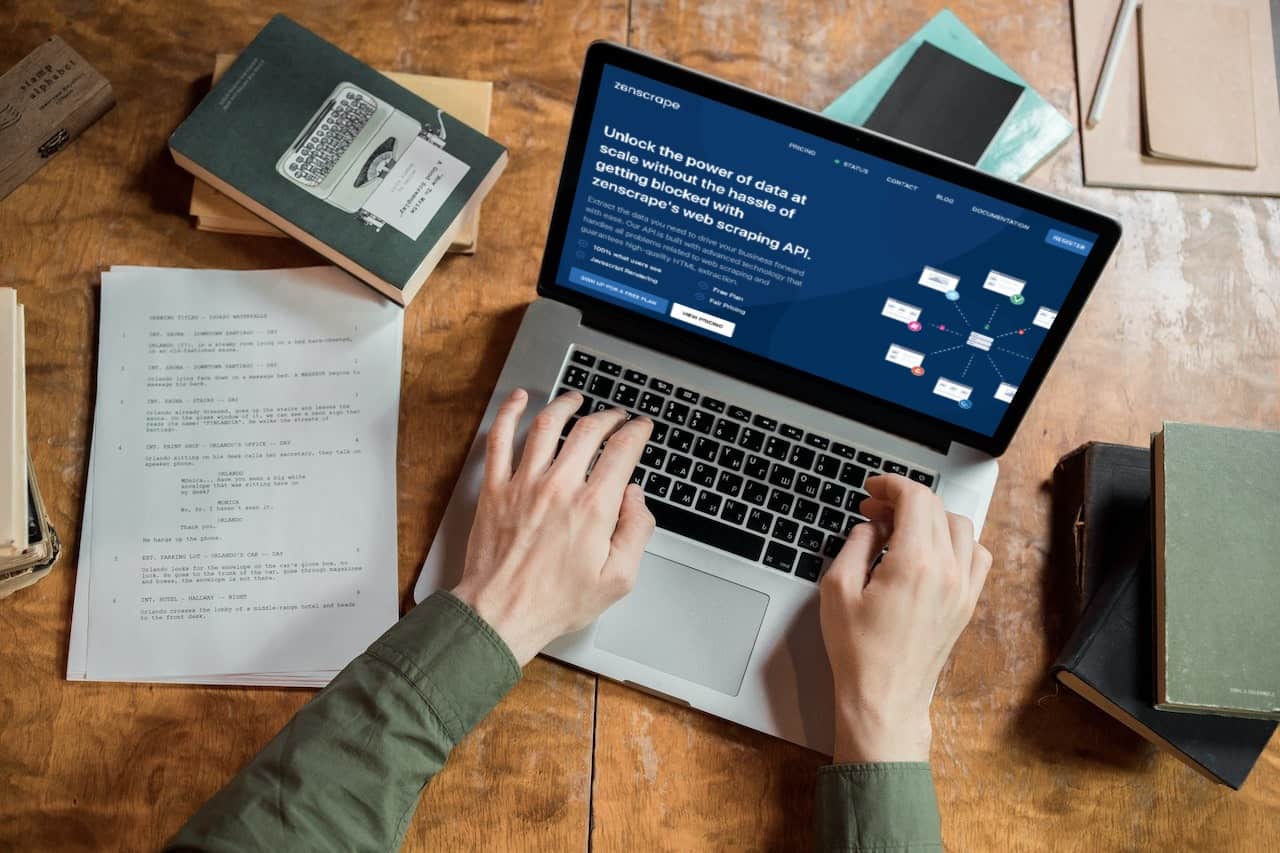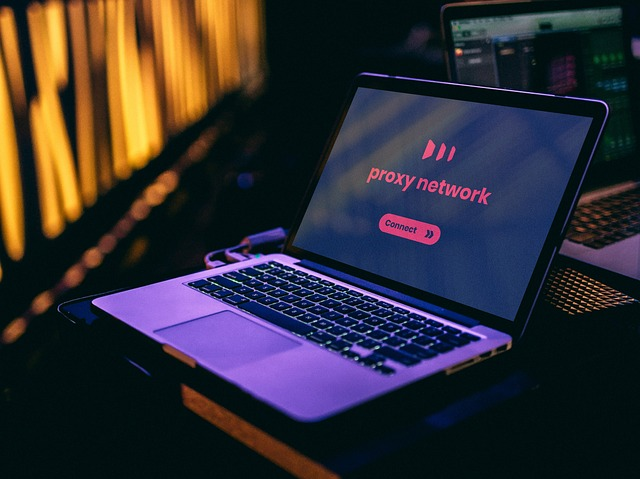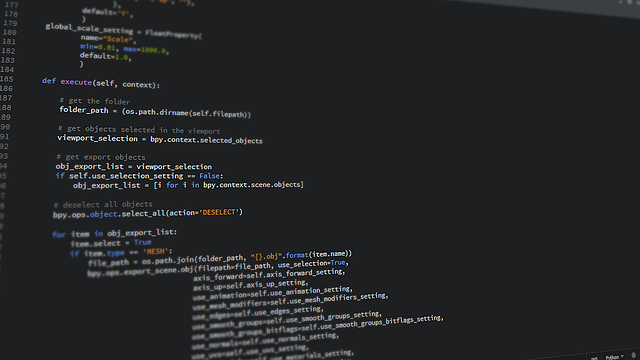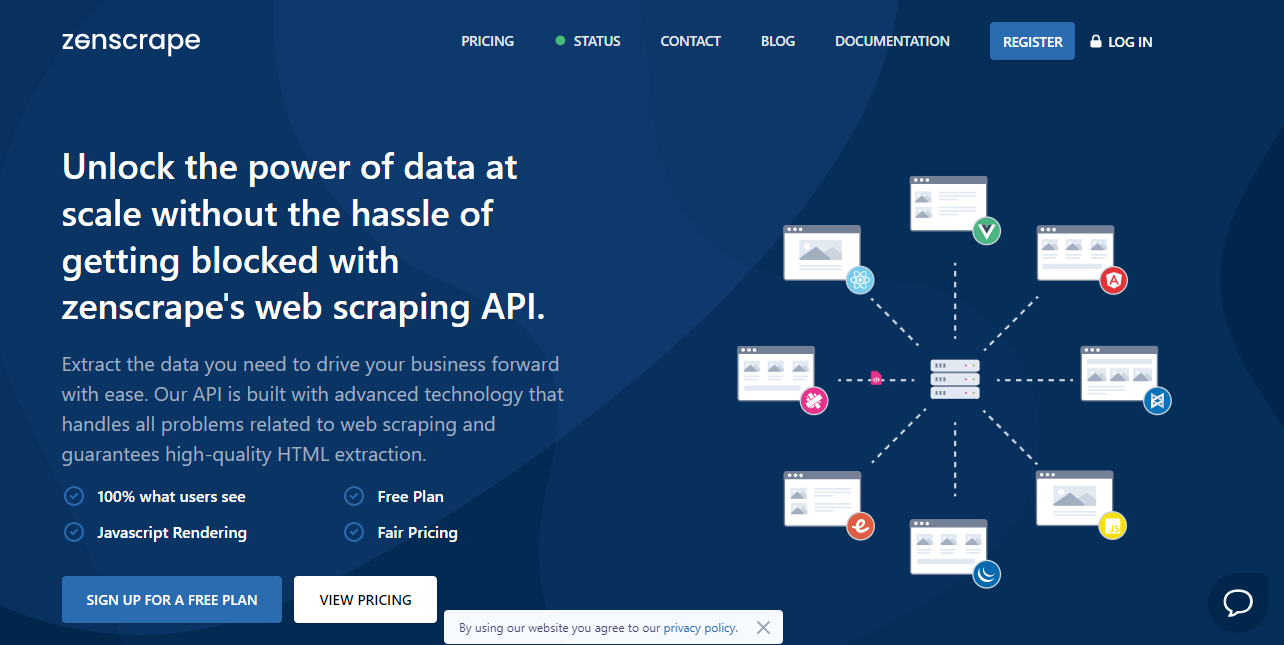
Web scraping is a powerful tool that allows developers to extract valuable data from websites. The software developers extract data for various purposes, such as market research, price comparison, and trend analysis. However, web scraping in Python can also raise ethical concerns, especially when using proxies to bypass website restrictions.
The use of proxies also protects the identity of the scraper. If you are a Python web scraper and looking for some ethical web scraping tips, you are at the right place today. In this blog post, we will explore the ethics of web scraping with proxies in Python. Moreover, we also help developers ensure that their scraping practices are effective and ethical. Let’s start our journey.
What Is Web Scraping?
Web scraping is the process of automatically extracting data from websites using specialized software or tools. It involves retrieving HTML code and parsing it to extract the desired data from the web page on the Chrome browser. This data can include text, images, videos, links, and other types of content.
Web scraping is commonly used for data mining, research, and analysis purposes. Moreover, it can be applied in various industries, such as e-commerce, finance, and marketing. However, web scraping can raise legal and ethical concerns. The reason is that it may violate website terms of service or privacy laws. Therefore, it is important for developers to be aware of the potential risks and ethical considerations when engaging in web scraping activities.
Let’s explore the benefits of web scraping in Python.
What Are the Benefits of Web Scraping?
Web scraping is powerful technique developers use to extract data from websites. The benefits of web scraping include the following:
Data Collection
Web scraping allows developers to collect and compile data from various websites into a single database, providing valuable insights for businesses.
Automation
Web scraping automates the data collection process, saving developers time and effort.
Competitive Intelligence
Web scraping can be used to monitor competitors’ websites, providing businesses with valuable insights into their strategies and products.
Market Research
Web scraping can be used to gather data on consumer trends and behavior, providing businesses with valuable market insights.
Real-Time Data
Web scraping allows for real-time data collection. As a result, it enables businesses to make informed decisions based on the most up-to-date information available.
What Are Proxies?
Proxies are intermediary servers that sit between a client device, such as a computer or smartphone, and a target server on the internet. When a client requests a resource from a target server, the request is first routed through a proxy server. The proxy server then evaluates the request, modifies it if necessary, and forwards it to the target server.
Proxies can be used for various purposes, including caching content, filtering traffic, and improving security. In web scraping, proxies are commonly used to mask the IP address of the scraper and avoid getting blocked by the target server. Different types of proxies exist, including HTTP, HTTPS, SOCKS, and residential proxies.
What Are the Benefits of Using Proxies?
There are numerous benefits of using proxies for developers, including enhanced security, anonymity, and performance.
By using proxies, developers can mask their real IP address and avoid being tracked, which improves their online security.
Additionally, proxies can be used to bypass internet censorship and geo-restrictions, allowing developers to access blocked content.
Proxies can also improve website and application performance by caching frequently accessed data and reducing the load on the server.
Furthermore, proxies can help developers to automate tasks and gather data from websites without risking their own IP address being blocked.
What Are the Ethics of Web Scraping With Proxies?
When engaging in web scraping with proxies, there are several ethical considerations that developers should be aware of. These include respecting website terms of service, protecting website data, and complying with privacy laws.
Failure to adhere to these ethical considerations can result in negative consequences for both the developer and the website being scraped.
Importance of Respecting Website Terms of Service
Website terms of service outline the rules and guidelines for using a website, and web scraping may be prohibited in some cases. Developers must respect the terms of service for each website they wish to scrape and seek permission when necessary.
Failure to comply with website terms of service can lead to legal action and damage the reputation of both the developer and the website.
Importance of Protecting Website Data
When web scraping, developers must be mindful of the data they collect and ensure they are not violating any privacy laws.
This means avoiding collecting sensitive or personal information and respecting the privacy of users providing information to the website being scraped. Developers must also take steps to ensure the security of the data they collect and store.
Ethical Issues With Violating Website Terms of Service
Violating website terms of service can lead to legal action and damage the reputation of both the developer and the website. Moreover, it can also harm the user experience of the website being scraped.
In addition, web scraping that violates website terms of service can unfairly compete with legitimate users of the website and disrupt the normal operation of the website.
Ethical Issues with Violating Privacy Laws
Violating privacy laws when web scraping can have serious ethical consequences. Developers must ensure that they are not collecting any sensitive or personal information without permission and must take steps to ensure the data they collect is secure.
Failing to comply with privacy laws can result in legal action, damage the reputation of both the developer and the website, and harm the privacy of website users.
How to Use Python for Web Scraping With Proxies?
Python offers several powerful libraries for web scraping and proxy usage. These libraries can significantly simplify the process of web scraping while also providing various options for using proxies to protect the identity of the scraper. Here are some of the most commonly used Python libraries for web scraping with proxies:
- Requests – Most common Python library.
import requests
proxy = {'https': 'https://username:password@proxyIP:proxyPort'}
response = requests.get('https://example.com', proxies=proxy)
print(response.content)- BeautifulSoup
import requests
from bs4 import BeautifulSoup
proxy = {'https': 'https://username:password@proxyIP:proxyPort'}
response = requests.get('https://example.com', proxies=proxy)
soup = BeautifulSoup(response.content, 'html.parser')
print(soup.title.text)- Scrapy
import scrapy
class MySpider(scrapy.Spider):
name = 'myspider'
def start_requests(self):
urls = [
'https://example.com/page1',
'https://example.com/page2',
'https://example.com/page3',
]
for url in urls:
yield scrapy.Request(url=url, callback=self.parse, meta={'proxy': 'https://username:password@proxyIP:proxyPort'})
def parse(self, response):
# parse the response
passSelenium & ProxyBroker are two other popular proxies for web scraping with Python. You can compare the Python code of the above proxies and learn about them. There are also some functionalities that can give you the details of all the data in a CSV file.
Zenscrape
Zenscrape is a cloud-based web scraping solution that provides developers with an easy-to-use API for scraping data from websites. It offers features such as automatic IP rotation, JavaScript rendering, and anti-bot protection, making it a popular choice for web scraping with Python.
Here is how you can scrape data using Zenscrape.
curl "https://app.zenscrape.com/api/v1/get?url=http://httpbin.org/ip" \
-H "apikey: YOUR-APIKEY" It will give you the following response with HTML tags:
<html>
<head>
</head>
<body>
<pre style="word-wrap: break-word; white-space: pre-wrap;">
{
"origin": "80.102.66.13"
}
</pre>
</body>
</html>Conclusion
Web scraping with proxies can be a powerful tool for data collection, but it is important to use it in an ethical and responsible manner. Web scraping should always be done with respect to website terms of service and the privacy of website users.
Using proxies can help protect the identity of the scraper, but it should not be used to hide malicious or illegal activity. By following ethical guidelines and using the appropriate Python libraries and tools, developers can harness the power of web scraping with proxies in a responsible way, benefiting both their own projects and the broader online community.
Note that you can also perform scraping in JavaScript code. You must choose the right language and tool for a web scraping project.
FAQs
Is Python Web Scraping Legal?
Python web scraping is generally legal, but it is important to respect website terms of service and privacy laws.
What Is Web Scraping Used For?
Web scraping is used to extract data from websites for a variety of purposes such as market research, data analysis, and automation.
Is Web Scraping in Python Hard?
Web scraping in Python can be challenging due to the complexity of websites and potential legal and ethical considerations.
Is Selenium Better Than BeautifulSoup?
Selenium and BeautifulSoup serve different purposes; Selenium is better for interacting with web pages, while BeautifulSoup is better for parsing HTML.
Ready to take your web scraping projects to the next level? Try Zenscrape Today.




